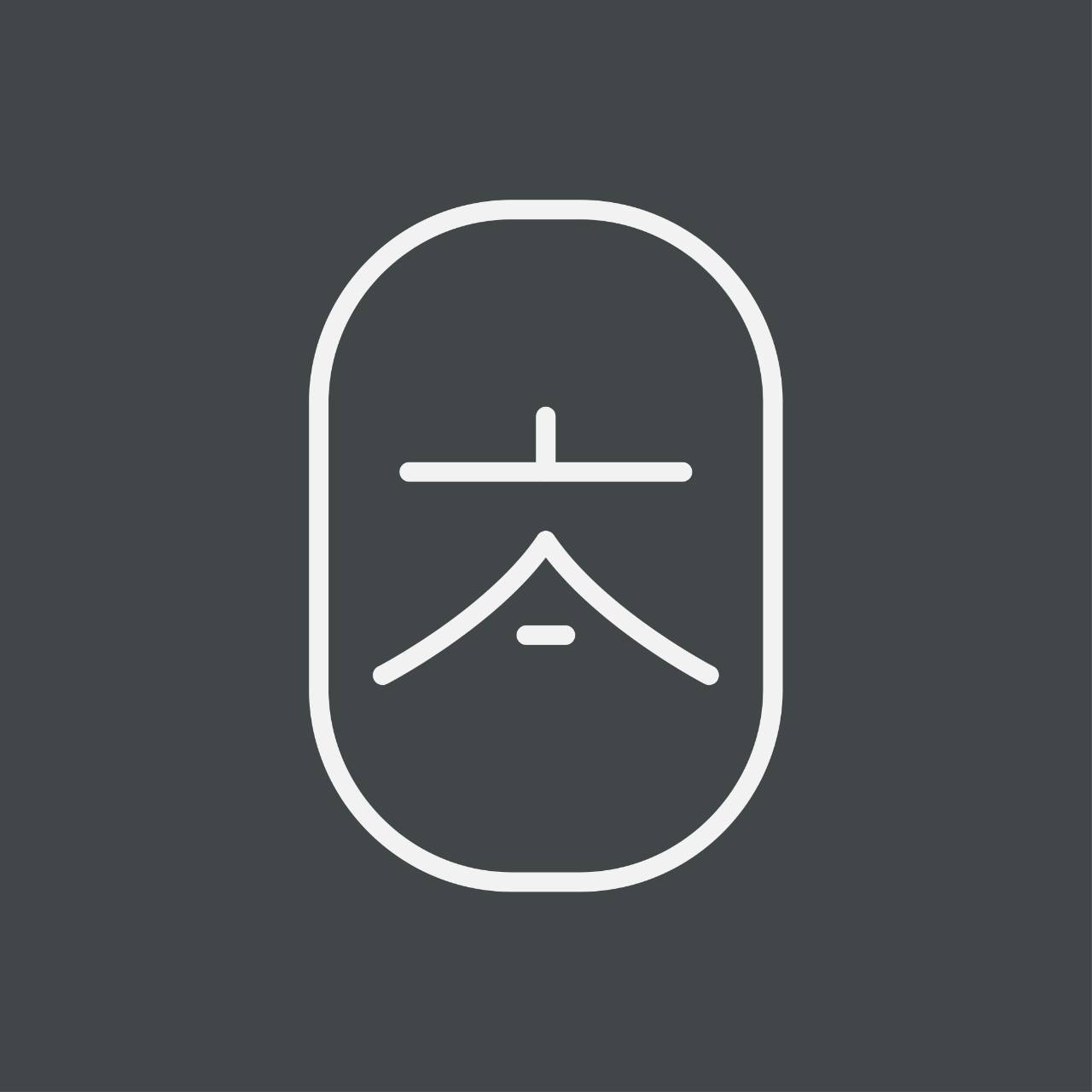Where to find the best matcha in Japan
Discover the green standard of matcha here
Source: Pexels
Matcha isn’t just a health fad here, it’s part of daily life—and it has been for centuries. From ancient tea ceremonies to modern ice cream shops, Japanese matcha shows up in ways that are cultural, creative, and endlessly tasty. So where do you go if you want the best matcha in Japan?
Tokyo delivers chic cafés and sleek souvenirs, Shizuoka pours it fresh from the source, and Kyoto serves it with centuries of tradition. For anyone curious about matcha in Japan, this guide covers the places worth sipping, shopping, and stocking up.
Matcha in Tokyo
Tokyo is where matcha straddles two worlds. On one side, you’ll find centuries-old tea shops still selling finely ground powders in little tins. On the other, sleek cafés turn the same green tea into parfaits, lattes, and delicate wagashi desserts. For those wondering where to buy matcha in Japan:
Ikeda Tea Store (Shinjuku) – A classic stop for quality powders.
Rakuzan (Kagurazaka) – A hidden gem with a traditional touch.
Senchado Tokyo (Ginza) – Contemporary design meets refined tea.
When it comes to tasting:
Saryo (Kagurazaka) – Elegant sweets paired with matcha.
Matsubaya Saryo (Shibuya) – A menu built around matcha-forward plates.
Tokyo’s appeal lies in its balance: you get the reverence of traditional Japanese matcha without missing out on the creativity of modern dessert culture.
Matcha in Shizuoka
Shizuoka produces nearly half of Japan’s green tea, making it the heartland for matcha lovers. Here, powders are fresher, more affordable, and deeply tied to the region’s tea-growing heritage. If you’re buying matcha in Japan, these are the go-to shops:
Koyamen Tea Store – Known for its fresh, vibrant leaves.
Shibukawaen – A trusted name for premium green tea products.
Oyaizu – Great for both souvenirs and daily matcha.
Matcha cafés worth a stop:
Organic Matcha Café NAGOMI – Minimalist, calm, and all about tea purity.
Nanaya (Shizuoka) – Famous for its seven grades of matcha ice cream.
For travelers chasing the best matcha in Japan, Shizuoka offers an unbeatable mix of value and quality, with plenty of chances to try authentic Japanese matcha straight from the source.
Matcha in Kyoto
Kyoto—especially Uji—is matcha’s spiritual home. This is where the Japanese tea ceremony began, and the city still treats its powdered green tea with deep reverence. If you want to bring some home, these shops are essentials:
Uji Byodo-in Omotesando – A street lined with historic tea houses.
Saryo Tsujiri Tea House – Elegant tins and refined sweets.
Horaido Tea Stall – A historic stop for premium matcha.
Itoh Kyuemon – Known for inventive matcha desserts as well as tea.
And for the experience itself:
Kyoto Tsuburano – Slow down with a traditional bowl of frothy matcha.
Teawave Café – A contemporary take on Kyoto’s tea culture.
This is where you’ll find authentic Japanese matcha in its purest form. Many consider Uji’s tea the best matcha in Japan, not just for the flavor, but for the centuries of history poured into every bowl.
Japanese vs Western matcha
Traditional Japanese matcha is often ceremonial grade, made from the youngest, shade-grown leaves, stone-ground into a fine emerald powder. It’s whisked with hot water in a chawan and savored slowly: mindfulness in a bowl.
In the West, matcha takes a different form. It’s usually lower grade, blended into lattes, smoothies, or desserts, with milk or sugar softening its grassy bite. Not wrong—we just call them cousins, not twins.
That naturally raises the question: how much is matcha in Japan? Everyday tins in supermarkets can cost as little as ¥500–¥1,000 (~$3.5–$7), while ceremonial-grade matcha from tea houses starts around ¥3,000 and can climb much higher for premium blends. Only in Japan do you get access to authentic Japanese matcha this fresh, bright, and nuanced.
For travelers, it’s less about grabbing a drink—you’re signing up for centuries of culture in one bowl. And let’s be honest: that Starbucks latte just can’t compete with a chawan and bamboo whisk!
Why matcha matters
Matcha isn’t just something you sip and snap a picture of for Instagram. It’s a thread that runs through Japanese culture, from Kyoto’s tea bowls to Shizuoka’s farms and Tokyo’s cafés.
For us at TokudAw, it’s also personal—we love matcha, and we love helping travelers experience it in ways that go deeper than a cup. That might mean visiting a tea farm, joining a ceremony, or simply knowing where to buy the good stuff to take home. However you like your matcha, we can help weave it into a journey that feels authentic and memorable.

